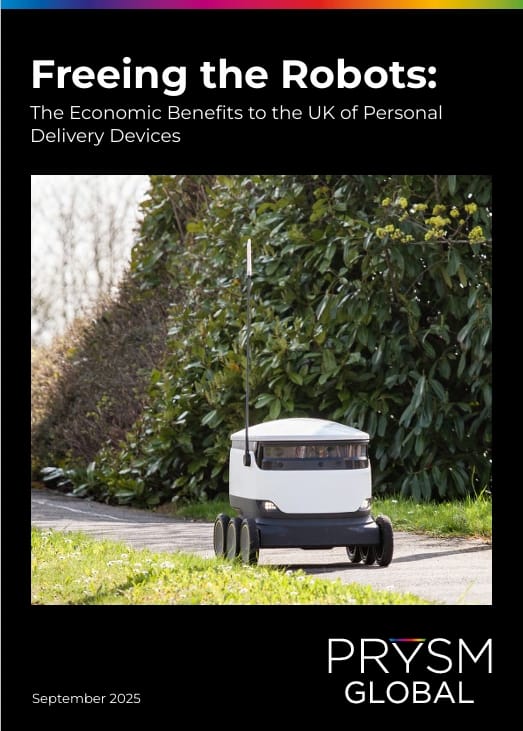Philip New, the former CEO of BP Biofuels, has undertaken the first comprehensive analysis of the supply and demand for Sustainable Aviation Fuel, on behalf of the UK aviation industry. His report, Clear Skies Ahead, published by Prysm Global, makes a number of key recommendations to ensure success for the UK’s SAF mandate. Here is the foreword; the link to the report is below.
FOREWORD TO CLEAR SKIES AHEAD
Reducing emissions from air travel is a commitment shared by the UK Government and the many organisations across the UK that have a stake in aviation. Low carbon Sustainable Aviation Fuel will be the single most important driver of emissions reduction and the Government has implemented a thoughtfully designed mandate mechanism that sets targets and frames markets.
This report has been commissioned by stakeholders from a wide range of industries, often with different interests but with a common concern – the consequences for growth, for net zero, and of the freedom to travel, of missing the SAF targets. The author was asked to identify risks to meeting the mandate and suggest appropriate mitigations.
UK SAF policies provide a strong foundation for a flourishing SAF sector, but there are two key risks (and one important opportunity to raise the game). Left unattended, missing the mandate is a strong possibility.
The root of the concerns is that the cheapest way to make SAF is to process vegetable oils and other fats – agricultural commodities where supply already struggles to meet demand and where sustainability exposures are perceived as relatively high. The UK mandate responds to this in two ways: it limits the feedstocks that can be used to wastes only, and it caps the amount of SAF made using vegetable oil – so creating a market for innovative new technologies that use a wide range of other feedstocks.
The unintended consequence is a growing dependence on imported waste vegetable oils to meet the largest portion of the mandate. However, it has been impossible to establish whether these oils really are wastes at the end of their useful life. As demand has increased, prices have increased and supply has responded. Used cooking oil is now often more valuable than virgin cooking oil. This has already forced a response – certification criteria have been tightened – but one way or another there will be a shortfall of supply in this part of the mandate.
The second problem is getting the new technologies for the next generation of SAF to graduate from pilot plant to commercial facilities. The mandate is unique in defining a discrete market, and important supply side mechanisms have been deployed. But the risk remains that these technologies emerge too little, too late. The UK cannot depend on other countries for supply. There is both a need and an opportunity for a new UK industry.
Diversifying the feedstocks for the SAF that we can make now, allowing the use of globally abundant starch crops and leveraging the incentives and guardrails already built into the mandate to underpin sustainable practice, is a pragmatic response to the used cooking oil challenge.
A whole-systems approach to the interventions to create a supportive investment and operating environment for the next generation of SAF plants is required if targets are to be met and a resurgent UK chemical process sector is to emerge.
There is a strong case that improving regulatory alignment (particularly between ground and aviation fuels) and continued focus on improving cross departmental collaboration are very important enablers.
This is about creating new markets, with new products – which is never easy. If we succeed we will not only meet the mandate targets but also have a lower emitting, more sustainable aviation sector. In addition, we stand to gain new industries, new jobs and better environmental performance across the broader economy. The SAF opportunity can be a powerful catalyst for the UK Green Industrial Revolution.
If this report helps at all in making this possible it will have been worthwhile.



